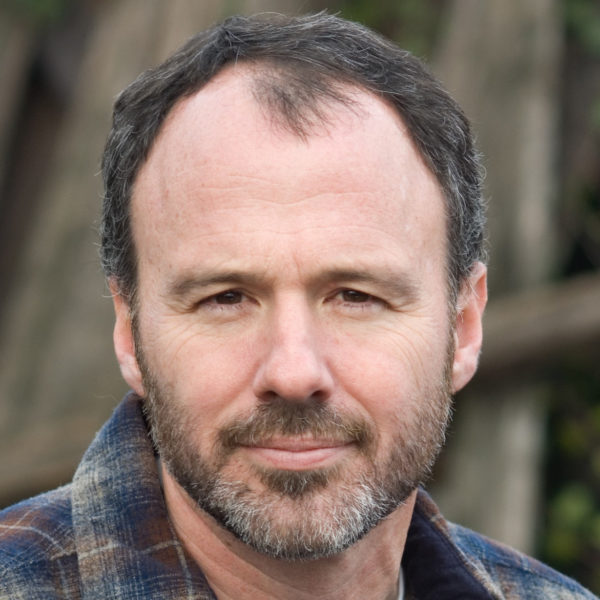The Quiet Man
For my father’s memorial service, my sister suggested that I stand before the congregation and say, “We’d like to share with you exactly what it was like to live with our father. So let’s have a moment of silence.”
It’s not that Dad didn’t speak, it’s that he didn’t speak about the personal. He could rant against George McGovern and lift Richard Nixon up as a god, but remain entirely silent about my sister’s adolescent breakdown. A few years later, he declared my hero Jimmy Carter the “greatest embarrassment the White House has ever seen,” but didn’t say a word about my recent emergence from the closet.
Dad built his life on the foundations of a suburban existence: retirement plans, company loyalty, and a close-knit family that gathered to wave him down the street each morning and waited each night for his return. True to his class and time, he made himself a Manhattan before dinner and smoked incessantly. No one was going to change that.
But behind this rigid façade lay a man tragically eager to please. As kids we could always talk him into a double-scoop cone, if we could just get him away from Mom. As an adult, I learned that this tendency went much deeper.
Dad went to medical school because his parents told him to. Failing that, he accepted their second choice and became a mechanical engineer. In a rare moment of intimacy, on a father-son camping trip to the High Sierra, he confessed that his dream was to be a park ranger. I wonder what his life would have been if he’d had the courage to follow that ambition. Perhaps he would have found his voice leading nature hikes and campfire programs.
Dad never broke the habit of trying to please his parents, but he made sure that we didn’t suffer the same fate. He applauded my high school theatricals and provided financial support for a creative college major. On my weekly calls home, he always made sure that I was writing, though he never inquired about the specifics.
True to his nature, he remained silent and stoic through my mother’s seven-year battle with cancer, and continued so when he was diagnosed himself two years after her death. During Dad’s final months, I bathed him, mopped up his bodily fluids, and listened for changes in his breathing. The only concern he voiced was for the future of his dog, an oversized Sheltie who watches as I write.
It was Dad’s Lutheran pastor who put his silence into context. Older congregants, he said, had expressed a need for guidance as they considered death’s approach. My father provided the model they were seeking. Church members who visited in his final weeks all returned with the same tale: Dad was quiet, uncomplaining, unafraid.
In the end, we didn’t ask for a moment of silence at Dad’s memorial service. Instead I shared a story about Saint Francis sending his brothers out to spread the Gospel and telling them, “If necessary, use words.” When one of Dad’s elderly neighbors caught my eye and smiled her appreciation, I knew we’d made the right choice.
Dad was a quiet man, but he renounced his parents’ prejudices, encouraged his children’s ambitions, overcame his own homophobia to welcome new family members, and remained a steady presence through his wife’s long illness. If St. Francis is right, and our actions speak louder than our words, you might say the man never shut up.
